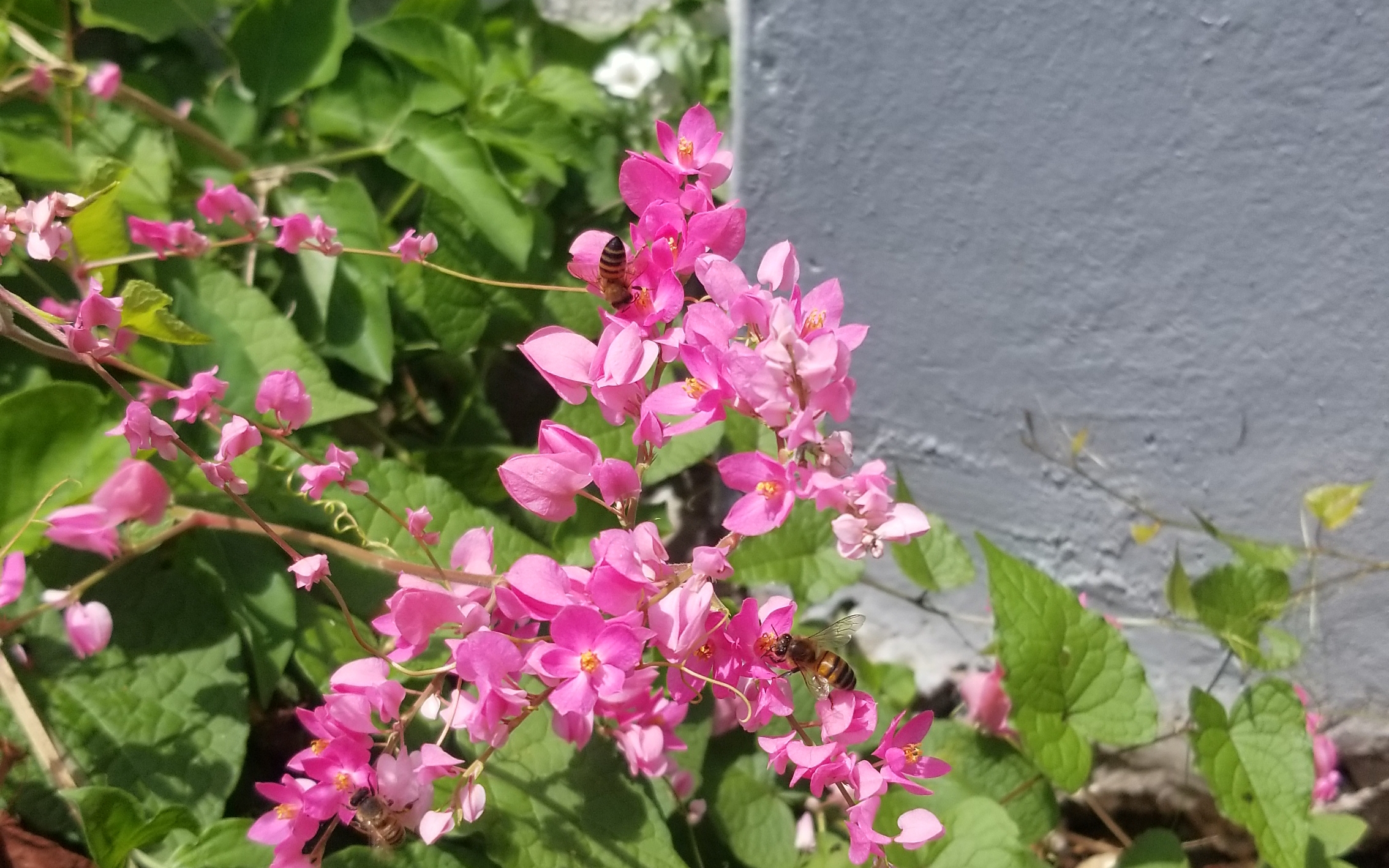Your cart is currently empty!

Why Bees Are Dying & How You Can Help
Posted by:
|
On:
|
The Buzz Behind the Struggle: A Story from the Hive
I remember the first time I opened a hive after a long drought. The hum was low. The honey stores
were almost empty. It was a painful sight, but one that’s become too common for Caribbean beekeepers like myself.
I’ve seen firsthand how the bees-our quiet, tireless workers-are under threat. This isn’t just a global issue-it’s happening right here in Jamaica, where bees are vital to our food, culture, and ecosystems.
Let’s explore why bees are dying, what it means for all of us, and most importantly-how you can help.
Why Are Bees Dying in Jamaica and the Caribbean?
1. Climate Change & Extreme Weather Patterns
The Caribbean sun, once a gift, now burns hotter and longer than it used to. Droughts stretch for months. When the rains finally come, they sometimes bring storms strong enough to flatten hives. This shift in climate disrupts flowering cycles, leaving bees without the nectar and pollen they need to survive.
2. Pesticide Use & Chemical Exposure in Farming
Many Jamaican farmers still rely heavily on chemical pesticides to protect crops. Unfortunately, these chemicals-especially neonicotinoids-do more harm than good. Bees that come into contact with treated plants often can’t find their way back to the hive. The ones that do bring back contaminated nectar, weakening the colony slowly.
Bee-safe pest control in Jamaica: Jamaica Ministry of Agriculture – Apiculture Division
3. Habitat Loss Due to Development & Mining
I grew up surrounded by wild bush, buzzing with life. Now, many of those areas are cleared for housing, farming, or bauxite mining.
Wild forage is disappearing—like logwood trees, and flora that bees rely on are being replaced by concrete or monocrops. Bees need biodiversity to thrive. Without it, they get sick more often, just like us.

4. Pests & Diseases Threatening Hive Health
The Varroa mite is one of the most vicious enemies to our bees. It’s a tiny parasite with a huge impact, weakening bees and spreading disease. Beekeepers across the Caribbean are also dealing with Nosema (a fungal infection) and bacterial brood diseases. Left unchecked, these can wipe out entire apiaries. Monitoring is essential-but it takes time, training, and resources that many small beekeepers don’t have.
How You Can Help Bees in Jamaica & the Caribbean
1. Buy Local, Raw Honey
Every jar of Bee Sweet Honey you buy supports eco-friendly, culturally rooted beekeeping. Our honey isn’t just sweet—it’s a labor of love, harvested with respect for the land, the bees, and the culture. Buy honey from your local beekeepers, and those who support co-ops like the Ujima Naturals Farmers Market and Hanover Bee Farmers’ Cooperative.
The Bee Sweet Blog- Stories, Tips and Sustainable Living

2. Grow Bee-Friendly Plants at Home
You don’t need acres of land to help pollinators. A few potted lemongrass, basil, or marigold plants in your yard can make a difference. Bees love local blooms like Jamaican vervain, mango, and sorrel.

3. Avoid Harmful Pesticides
Use natural alternatives like neem oil or compost teas. These protect your plants while keeping pollinators safe. The Ministry of Agriculture often hosts workshops on bee-friendly farming techniques. Organic gardening solutions for Jamaican farmers.
4. Protect Natural Habitats
Bees nest in more places than just hives. Many live in trees, old wood, or right in the soil. If you can, leave patches of wild growth untouched. Building simple bee hotels is another easy way to give solitary bees a safe place to rest.
Protecting Caribbean pollinators
https://www.nrcs.usda.gov/state-offices/caribbean-area/helping-caribbean-pollinators-with
5. Spread the Word
Talk to your children, your neighbors, your farmer friends. Host workshops, share posts, write letters. Education is how we shift culture-and culture is what keeps us rooted.
Final Reflections from the Apiary
There’s something sacred about cracking open a hive and hearing that warm hum of life. It connects me to the land, to tradition, and to a purpose greater than myself.
When I bottle honey, I think about my son’s future. I want him to grow up in a world where bees still buzz freely, and where communities value the richness of life around them-not just what it produces. We can’t afford to lose our bees. But together, through small, conscious actions-we can protect them.
The Bee Sweet Blog- Stories, Tips and Sustainable Living
Want to Learn More or Support the Cause?
Read more about the value of Jamaican honey in local food systems.
Share this post with someone who needs to hear the buzz.
